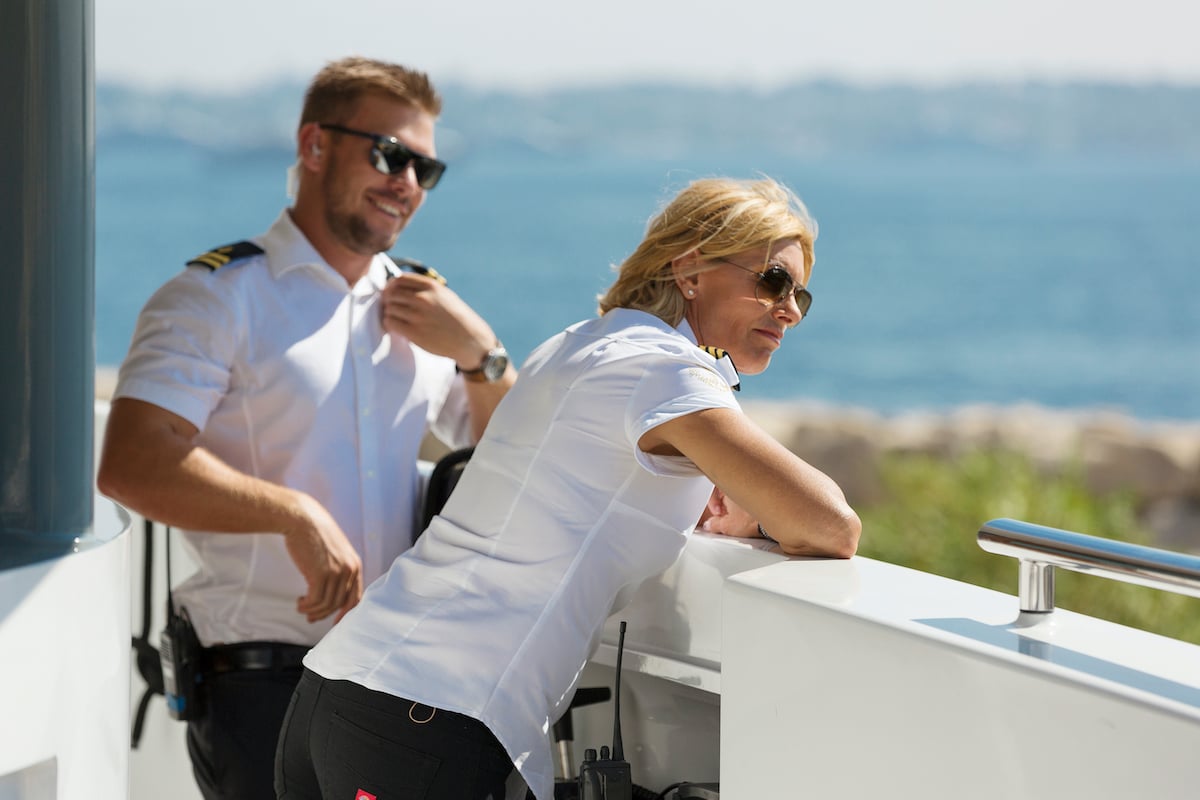‘Below Deck Med’: What Does It Cost To Earn Yachtie Training and Certifications?
Crew members must have certain certifications and training before they can work on yachts seen on shows like Below Deck and Below Deck Mediterranean.

The cost of training and certifications is significantly less than what someone would spend on a college education or technical training. However, the required training and certifications will set a prospective yachtie back a few thousand dollars.
All crew members must secure STCW Basic Training and ENG1 Seafarer Medical Certificate before applying for any yacht job, according to Superyacht Crew Agency.
Beyond training and certifications, the crew member should also come equipped with a specific skill set. For instance, yacht chefs should have culinary training. Stews should have specific training that pertains to the interior, like “silver service” training.
STCW Basic Training is about $1,000
The STCW acronym means, “Standards of Training, Certification, and Watchkeeping.” The course series usually lasts about five or six days. Typically the course is delivered in modules. The cost can range from $900 to $1,000 in the U.S., Work on a Yacht reports.
The STCW school in Ft. Lauderdale Florida offers courses over six days to prepare yachties to take the certification test. Courses cover personal survival techniques, fire fighting, first aid, personal safety, and competence in security awareness. The school offers a variety of pricing options and can be priced per module. Prices start at $250 for just the first aid course to full training for $1,250.
Captain Sandy Yawn from Below Deck Med and Captain Lee Rosbach from Below Deck recommend Maritime Professional Training in Ft. Lauderdale, Florida. The training academy offers basic STCW training, but also a slew of other training, including captain’s licensing.
The ENG1 Seafarer Medical Certificate certifies job fitness
The ENG1 Seafarer Medical Certificate is a nominal fee of £80 or about $150 US dollars. This certificate is mandatory for all yachties and shows that the crew member is physically fit for the job, YPI Crew reports.
“All individuals looking to work on a large yacht or superyacht will need a valid crew medical certificate,” according to YPI. The ENG1 is not the only medical certificate accepted in the yachting industry. But it is well-recognized.
Most medical examinations take about 45 minutes. Exams include a record of height and weight. The physician will also conduct a hearing test and an eye exam. If a crew member is color blind, he or she will not be allowed to manage navigational or watchkeeping duties.
If the crewmember does not pass the examination, the ENG1 doctor may consult with the crew member’s personal physician if the crew is only temporarily unfit.


